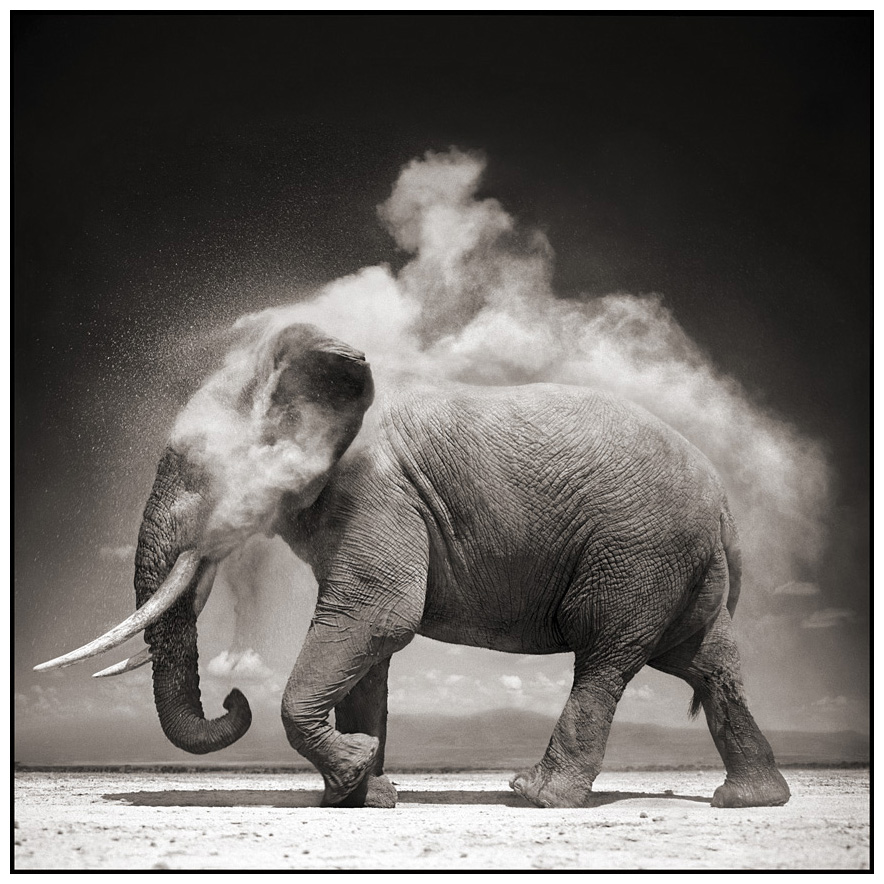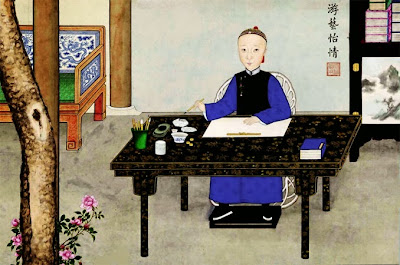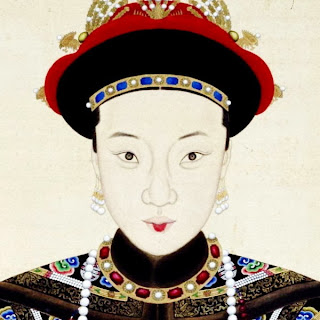It seems that every side of Napoleon Bonaparte’s life, personality and activities is researched and described both in scientific literature and in fiction. So this is on a topic that might be less known to the Western reader, namely,The Great Fire in Moscow .
Napoleon Bonaparte was born the 15th of August, 1769 on
"I was born when [
After the French victory, many Corsican rebels fled to the mountains, where they continued to fight on. But Napoleon’s father Carlo, a twenty-three year-old university student, readily submitted to French rule. Soon he was wearing powdered wigs, embroidered waistcoats, and silver buckled shoes.
"She sometimes made me go to bed without supper, as if there were nothing to eat in the house. One had to learn to suffer and not let others see it."
As a representative of the Corsican parliament, Carlo traveled to
Napoleon set foot in
He thinks of himself as a Corsican. He is surrounded by students who are the children of French aristocrats. And they have nothing in common with this little foreigner. And since he is quite proud, he becomes a loner.
When he was in school in Brienne in continental France, where he was very much laughed at and bullied for being a barbarous Corsican, he dreamt all the time of…liberating Corsica. But he did something quite exceptional. He conquered his conquerors. He got the better of the French.
At the age of fifteen Napoleon was promoted to the
"Always alone among men, I come home to dream by myself and to give myself over to all the forces of my melancholy," Napoleon wrote. "My thoughts dwell on death... What fury drives me to wish for my own destruction? No doubt because I see no place for myself in this world."
Then the French Revolution changed everything. Bonaparte was twenty-three when he took leave of absence from the French army and returned to
Bonaparte soon became the leader of a faction opposed to the island’s governor Pasquale Paoli. The Corsican patriot thought Bonaparte too ambitious, too self-centered, and too sympathetic to
Bonaparte and Paoli are on totally different wavelengths. Paoli retains the idea that Corsica should be independent. By this time Napoleon Bonaparte is perfectly comfortable with a Corsica that is part of revolutionary France
Clan rivalry ran deep on the island, intensifying the political struggle between the two men. Paoli’s partisans and Bonaparte’s were soon at war. In the end, Paoli proved too strong. Bonaparte’s home was sacked and he was forced to flee to the mountains.The Corsican Assembly declared Bonaparte and his entire family "traitors and enemies of the Fatherland, condemned to perpetual execration and infamy." Bonaparte no longer had the right to live in
On June 10, 1793 he set sail for
By 1812 Napoleon had conquered the whole of continental Europe - from southern
Despite this, Napoleon hoped to undermine the economic superiority of
'Napoleon crossed the River Niemen...in a bid to conquer Russia with the biggest, most spectacular army Europe had ever raised.'
In 1807 the Tsar of Russia, defeated for the second time, had agreed not to trade with the British, but harsh economic reality spoke louder than treaties, and Russia
In response, on Midsummer Day in 1812, Napoleon crossed the River Niemen into what was then the Russian This army consisted of almost half a million men, only half of them French.The rest were drawn from Napoleon's European empire, the result of his conquests over many countries.
Some of these, including Holland , for example, he incorporated, along with their armies, into France
The Patriotic War of 1812, or the Russian Campaign of Napoleon as it was called on the West, occupies one of the most remarkable places in the century-old and reach of events Russian history.
The Patriotic War of 1812 had become the beginning of the end of Napoleon's Empire; Russia
 Now Napoleon had ten army corps, against the Russian Tsar's two. After a 'good battle' (as he called it) with his 'brother the Tsar', to bring him back into the fold, he planned - perhaps - to march their combined armies to India, and strangle the supplies of British gold that had been financing successive coalitions against France.
Now Napoleon had ten army corps, against the Russian Tsar's two. After a 'good battle' (as he called it) with his 'brother the Tsar', to bring him back into the fold, he planned - perhaps - to march their combined armies to India, and strangle the supplies of British gold that had been financing successive coalitions against France.
The entire Russian campaign, in fact, was actually aimed at Britain
Many events were contained in this heroic epoch: long and heavy retreat of the Russian armies in land, a bitterness of defeats of the first months of the campaign, the tragedy of the surrender of Moscow to the enemy, the triumph and the joy after enemy's proscription from the limits of Motherland.
The officially given reason for the invasion was Napoleon's desire to defeat
Because of
Another and perhaps a more important reason was that Napoleon's and Alexander's interests were in competition when it came to acquiring new territory.
Alexander I resented Napoleon's seizure of
Alexander himself had absorbed a large portion of
There was a third, more personal matter that might have had some impact. In 1808, Napoleon was planning to divorce his wife Josephine for not giving him a child and to marry one of Alexander's sisters.
When Alexander's older sister, Catherine, married, Napoleon requested the younger sister's, Anna's, hand.
Anna's mother despised Napoleon and refused to give her daughter to Napoleon, saying that Anna, at fifteen years old, was too young to marry and that Napoleon would have to wait until she would be eighteen.
Napoleon correctly interpreted the response as refusal, which caused Alexander and Napoleon to distance from their temporarily cordial relationship.
Surrender of
On June 24, 1812, ignoring the advice of his closest advisors, Napoleon invaded Russia
Advancing to Moscow Moscow
As the Napoleon's troops noticed that they would not be threatened by Russian troops inMoscow
As the Napoleon's troops noticed that they would not be threatened by Russian troops in
Nothing went as planned. There was no battle in
This made it possible, four days later, for Captain Victor Dupuy of the French 7th Hussars to gallop into Vilnius
Eyewitness accounts describe the scene:
'...the most joyous acclamations. The ladies in their party dresses were throwing down flowers and biscuits to us from the windows.''...all the windows were filled with wildly enthusiastic ladies. Every hand seemed to be waving a handkerchief.'
The faster the Russians withdrew, the further Napoleon was dragged into
Then at Borodino, a week's march from
The battle of
The battle began at 6:30 in the morning and lasted until 3 in the afternoon. At that point, both armies were exhausted. The Russians fought the Emperor's armies to a standstill. The next day they withdrew, leaving Napoleon proclaiming victory.
Napoleon was undeterred, however, and marched on to the almost deserted
Whether it was started by the drunken soldiers or by patriotic Russians, is not clear although the Russians clearly had had the intention to burn the city as all the fire-engines had been rendered unusable and fire-floats had been sunk in the river.


































